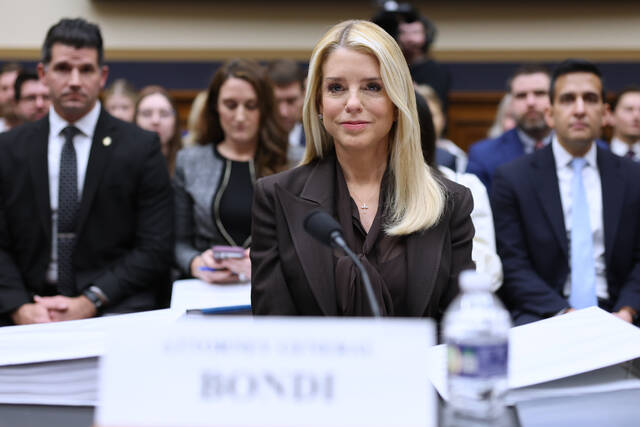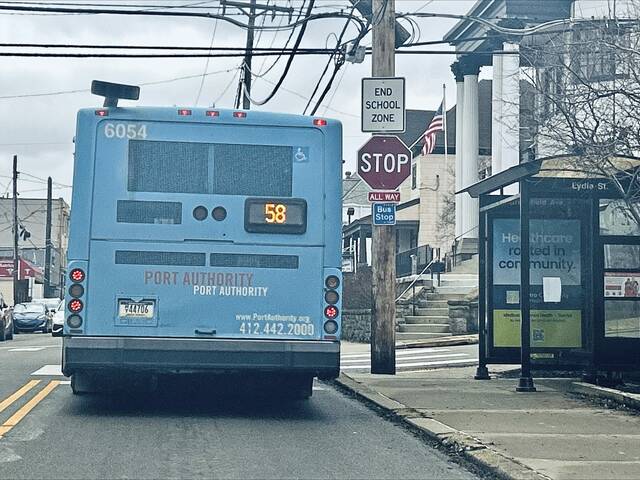Most of the major metro regions in the U.S., including Pittsburgh, would not meet the new Clean Air Act standard for tiny soot pollution, according to the latest data from the Environmental Protection Agency.
Of the 50 largest metro areas, 26 would violate the new standard established by the EPA for what is known as PM2.5, particles that are so small that 30 of them stacked together would equal the thickness of a human hair.
The list includes eight of the 10 largest cities in the U.S.: Los Angeles, Chicago, Houston, Phoenix, Philadelphia, San Diego, Dallas and San Jose. It also includes the three major markets in Ohio: Columbus, Cleveland and Cincinnati.
These new findings are part of Clearing the Air 5.0, the latest assessment of the region’s air quality that Pittsburgh Works Together will release in November.
At a time when the country is trying to grow its industrial base and bring manufacturing jobs home from overseas, the new PM2.5 standard is likely to hamper efforts to grow the economy. It will make it more difficult for new job-creating projects to receive the necessary air permits in many of the most developed parts of the country.
The EPA and environmental advocates say the new standard, which is 25% more stringent than the previous one, would save thousands of lives and billions of dollars in health care costs each year. Particulate matter can get deep into the lungs or blood and has been linked to heart and lung disease. PM2.5 levels in the U.S. are down about 40% since 2000, according to EPA data.
Protecting public health is a critical government function. So is maintaining the conditions that allow for a functioning economy that provides residents with the opportunity for a healthy and fulfilling life. Striking the proper balance is critical.
This new standard, no matter how well meaning, does not meet that test.
The new rule and the process used to develop it was so flawed that the Democratic governors from Kentucky and Kansas asked the White House to slow down. States will have to start acting now to develop plans to bring areas into compliance with the new standard by 2032.
“Although particulate matter in the air is a recognized public health concern, a sharp reduction in the standard without a sufficient glide path or compliance window for regulatory agencies and affected industries may result in significant implementation challenges and a negative impact on future job growth,” Kentucky Gov. Andy Beshear wrote when the new standard was under consideration.
The new standard unfairly penalizes Pennsylvania because of its location downwind of polluting Midwestern states and will place Pennsylvania counties that are responsible for nearly 40% of the Commonwealth’s economy in violation of the Clean Air Act, including both Allegheny and Philadelphia counties.
The new standard is an annual average of 9 micrograms of tiny soot particles per cubic meter of air, down from 12. But the western air drifting into the Pittsburgh region is nearly that dirty before it gets here. For example, the Department of Environmental Protection (DEP) air monitoring station located in Hillman State Park in Washington County near the Ohio border registered a level of more than 8 during 2023.
The EPA claims the new standard will prevent 4,500 premature deaths per year, which is less than one-fifth of 1% of the total deaths in the U.S. each year. But it did not analyze the public health and quality of life effects that will result from its negative economic impact.
Francis Collins, the former head of the National Institutes of Health under President Biden, said that public-health advocates ignoring the wider impact of their decisions is a mistake.
“If you’re a public-health person and you’re trying to make a decision, you have this very narrow view of what the right decision is, and that is something that will save a life,” he said last year in discussing the country’s covid response.
“So, you attach infinite value to stopping the disease and saving a life. You attach zero value to whether this totally disrupts people’s lives, ruins the economy and has many kids kept out of school in a way that they never quite recovered,” Collins said.
These new regulations, if left intact, will lead us down this path again.
Ken Zapinski is director of research and public policy for Pittsburgh Works Together.








